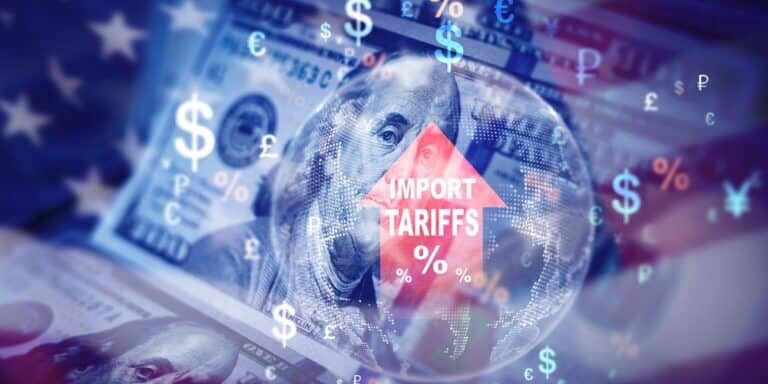
Trump’s Tariff Blitz: 21 Nations Now Targeted as White House Escalates Trade War
A Fresh Round of Economic Hostilities
President Donald Trump, never one to shy away from brute-force economic maneuvering, has unleashed another barrage of tariff edicts—this time singling out seven additional nations for punitive import duties that will take effect August 1. In a spectacle more befitting a banana republic than a supposedly free-market democracy, Trump personally dispatched nearly identical letters to the leaders of the Philippines, Brunei, Moldova, Algeria, Iraq, Libya, and Sri Lanka, spelling out new levies ranging from 20% to 40%.
A Spectacle of Tariff Announcements
These letters, unveiled via the president’s favorite megaphone—Truth Social—mark the second wave of tariff threats in under a week. Just days earlier, Trump notified fourteen other countries that their exports, too, would be dragged into this economic showdown. Among the first batch: Japan, South Korea, Malaysia, and a slew of nations whose total trade deficits with the United States amount to little more than rounding errors on the federal balance sheet. Moldova, for example, runs an $85 million deficit with America—a drop in the ocean compared to Washington’s trillions in debt and unfunded liabilities.
Deficit Rhetoric vs. Economic Reality
Yet the administration insists these tariffs are “far less than what is needed to eliminate the Trade Deficit disparity.” It’s a familiar refrain: the claim that trade deficits are proof America is being “taken advantage of,” an idea many reputable economists have debunked repeatedly. But nuance and facts are the first casualties in political spectacle, especially when an election looms.
The April Shockwaves and What Comes Next
If any reader still doubts the real impact of these policies, consider the April 2 “liberation day” tariffs—an across-the-board 10% duty on nearly every country in the world, with even higher rates on strategic commodities like copper and aluminum. That announcement triggered pandemonium across global markets, as supply chains convulsed and investors scrambled to recalibrate risk. After a brief 90-day reprieve, the White House is now doubling down, threatening to hit importers—and by extension, American consumers—with higher prices and uncertainty.
Centralized Power and the Erosion of Free Markets
The administration’s tariff gambit also underscores a larger trend: the consolidation of economic power in the executive branch. One man can now, with the stroke of a pen, effectively rewrite the terms of trade for millions of households and businesses. Whether you cheer or jeer these moves, you cannot deny the consequence: increased volatility, the erosion of entrepreneurial stability, and a creeping authoritarian control over the engines of commerce.
And if history teaches us anything—from Nixon’s wage and price controls to the 2008 bailouts—it’s that these interventions always arrive wrapped in the promise of prosperity but leave behind a trail of unintended consequences and diminished liberty.
What You Can Do Right Now
You do not have to sit idle while Washington plays games with your economic future. You can take steps—right now—to insulate yourself from the fallout. Acquire tangible assets that cannot be devalued by fiat decrees: gold, silver, decentralized digital currencies. Most importantly, stay informed.
Bill Brocius has laid out exactly how to protect yourself in his indispensable guide, 7 Steps to Protect Your Account from Bank Failure. Download it free here:
Download the guide now.
For deeper analysis, subscribe to Bill’s Inner Circle newsletter—just $19.95 a month—and get real-time insights that the mainstream media won’t dare publish.
Finally, if you want a comprehensive roadmap for surviving and thriving as the system unravels, pick up Bill’s acclaimed book, End of Banking As You Know It.
Act before the next wave of tariffs—and the next crisis—hit your wallet.











